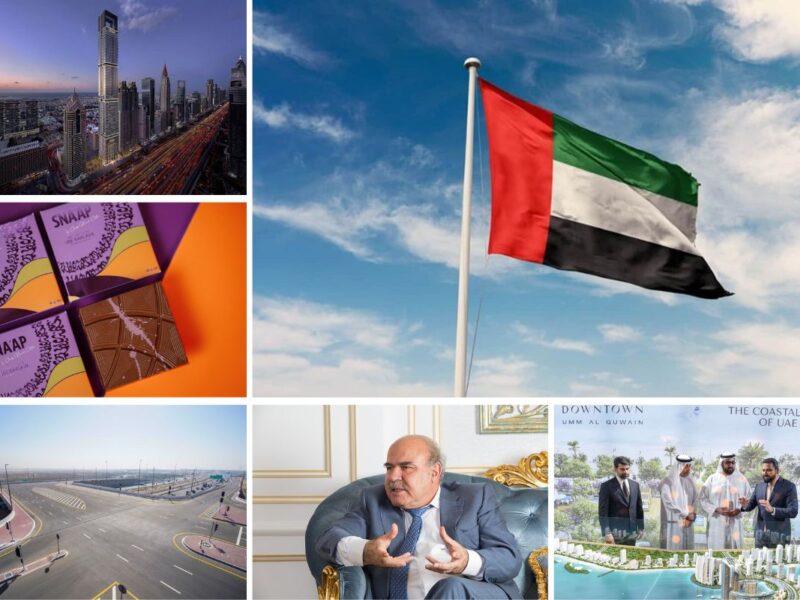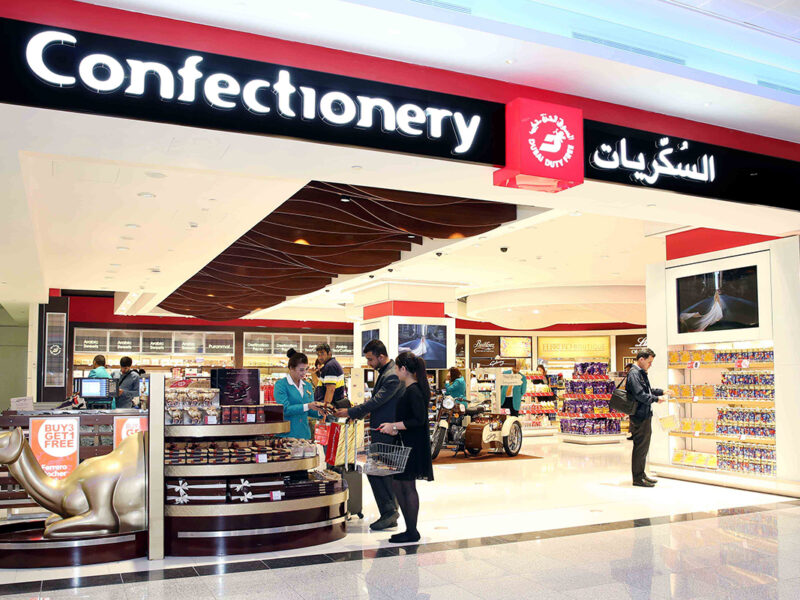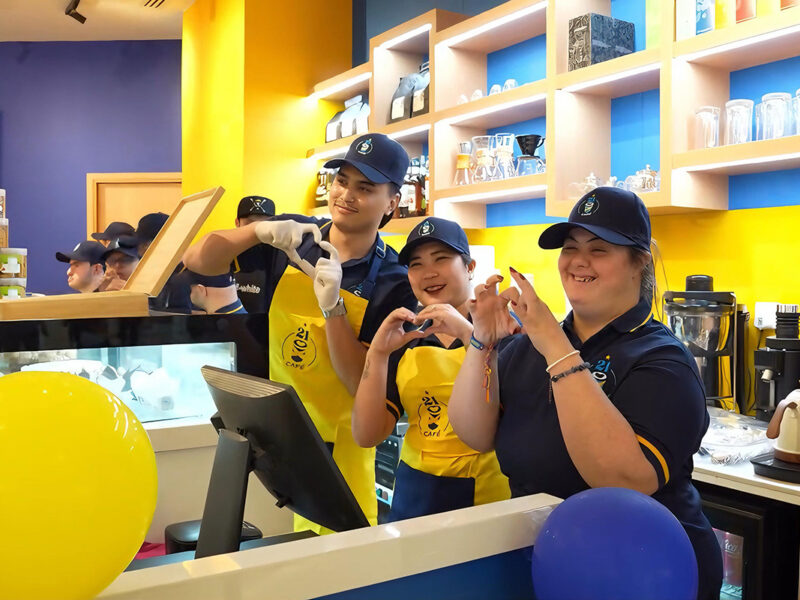Historically considered the prerogative of Gulf nationals, oud has spread globally in the last few years with major international brands, from Versace to Gucci and Christian Dior, using the essential oil in their perfumes – a welcome development for the region’s perfumers and oud producers.
Extracted from the fungus-infected resinous heartwood of the agar tree, oud has been in high demand in recent years, with the global market for agarwood, as it is otherwise known, expected to reach $64 billion by 2029.
Rather than viewing the global perfumers’ success with oud-based scents as infringing on their long-time turf, regional players are benefitting from the market’s growth.
“Oud was not known at all outside of the region. I remember the first time I met a master perfumer around 30 years ago, he said oud smells like a horse. Today the same perfumer is working enormously in oud and using our oud as raw materials to great success,” said Abdulla Ajmal, deputy COO, Ajmal Perfumes, a UAE-based perfume and essence manufacturer.
“Now the big brands and all this oud mania has opened the globe as my playing field so my goalpost has become bigger,” he continued.
Given its steep price – first-grade agarwood can cost as much as $100,000 per kilogram, making it one of the most expensive raw materials in the world – and popularity, many companies use the term oud as a “marketing nomenclature” to describe a woody or leathery oriental scent without actually using it at all, explained Ajmal.
With the current retail trend towards authenticity and genuine experiences, however, consumers are increasingly demanding that actual oud be used in the product and seeking to learn more about the essential oil.
“More and more people are now starting to use the real oud as a small component within their formulation to bring in the authenticity because consumers are asking for it. Today, consumers read the description of items they buy, unlike 40 years ago when nobody really bothered about what the raw material was,” said Ajmal.
 Abdulla Ajmal, deputy COO, Ajmal Perfumes.
Abdulla Ajmal, deputy COO, Ajmal Perfumes.
This quest for authenticity sits well with Ajmal Perfumes, which owns a ten million tree-plantation in Assam, India, including agar trees from which it extracts the essential oil following all proper regulations. The company uses oud to develop its own perfume brands and also to sell as essential oil.
“I like to look at it from an opportunistic point of view that because the world now knows oud and because more people are looking for authenticity nowadays, more consumers are walking the path to our door,” said Ajmal.
“We are the only players who supply oud to the bigger perfumery houses and the only reason we can do that is because we can provide them with all the regulatory documentation, sustainability, and traceability etc.,” he continued.
Coronavirus last year did not have as drastic an impact on the perfume industry, commented Ajmal. “People thought that we’d go out of business or it would be so low that it would be next to nothing,” he said. “But, funnily enough, what happened was that consumers said they felt a little bit of normalcy if they had a shower and used a bit of fragrance, even if they were just taking a Zoom call. It felt like it connected them with regular life and that business sustained everyone.”

The company, which is celebrating its 70th anniversary this year, is slowly “returning to normalcy” post-pandemic with its presence in travel retail “almost back to normal”, said Ajmal.
“We used the pandemic down-time to focus on innovation and creativity and to grow our digital side. Our online business was and is still quite small but we grew 15 times online in the last one-and-a-half years,” said Ajmal.
“It’s gone back this year but is still better than pre-coronavirus and we will close 2021 at about 60 percent of what we did last year,” he added.
Looking forward, Ajmal’s vision for Ajmal Perfumes is “to become a global brand within the next five years”.
“At the moment, the plan is to have more depth in the 45 export markets that we are present in. It is not about opening new markets but getting more depth through consolidations, relationships and making sure that our distribution channels in different countries are optimised. After that, we go back to conquering new frontiers and giving more exposure for the brand,” he said.









